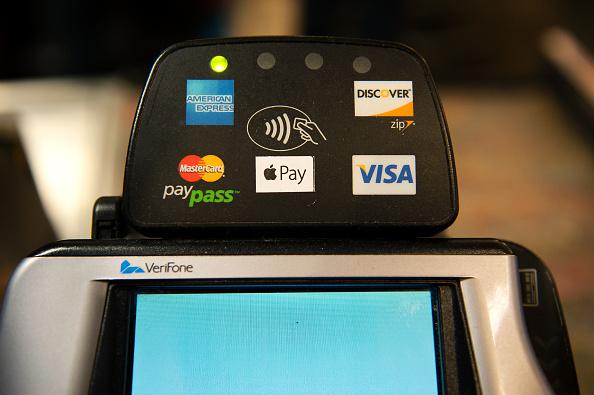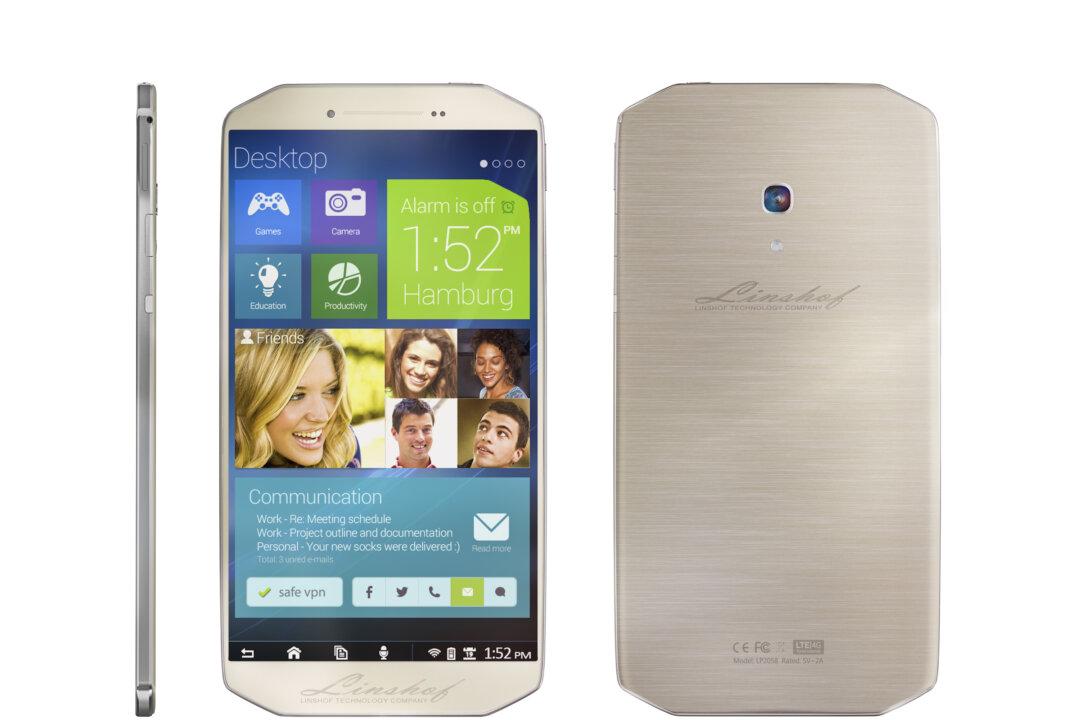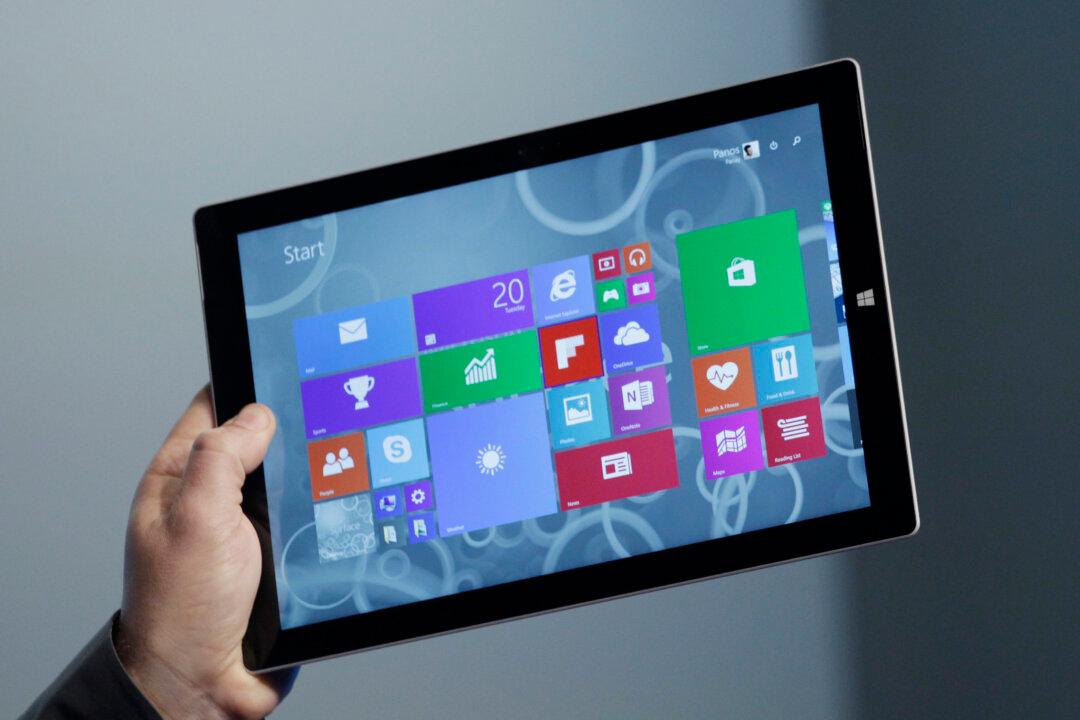With mobile payments set to go mainstream, the battle is no longer just between smartphone manufacturers. Big retail has now stepped in and is positioning itself as the force that will bring mobile payments to the masses.
Mobile payments solutions have had a hard time gaining acceptance in the Android dominated smart phone market. Apple, with nearly 1 billion credit card users on its iTunes and other payment platforms, may have provided the jolt required to get the market going by launching Apple Pay.
But instead, over the last week, Best Buy, Walmart and other retailers have decided to disable near field communication (NFC) on their checkout machines, which has caused Apple Pay along with other payment methods supporting NFC to not work. Including Google Wallet.
Bands of Android and Apple users have come together in a strange comradery, and focused their efforts on the consortium behind the latest revolt -- Merchant Customer Exchange (MCX), the makers of the CurrentC app.
The Verge reported that there were over 2100 one-star ratings on Apple’s App Store, and 2300 one-star reviews on Google Play for the beta CurrentC application.
MCX describes itself as “a network of America’s favorite merchants.” It was created by retailers, not just to compete in the mobile wallet space, but also to combat credit card companies and their interchange fees.
The interchange fee is a small percentage of every payment that is paid out to the credit card companies and the banks every time a credit card is used.
This would mean big savings for retailers who are part of MCX. Some of the company’s retail customers are Walmart, Best Buy, Dunkin' Donuts, Wawa, and CVS pharmacy to name a few. Customers are likely to receive some of these savings through instant coupons and loyalty programs, which is something that Apple is not currently offering.
When fully rolled out in 2015, CurrentC will be in over 110,000 merchant locations nation-wide.




